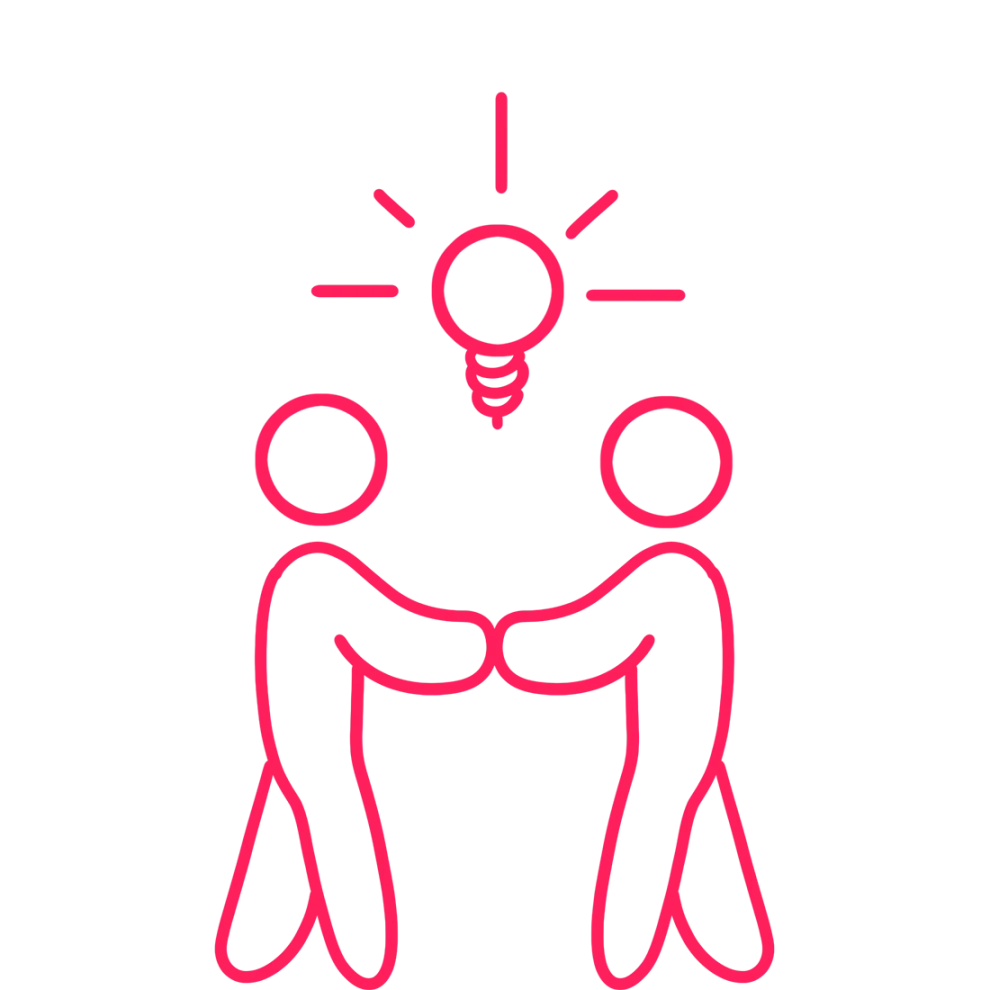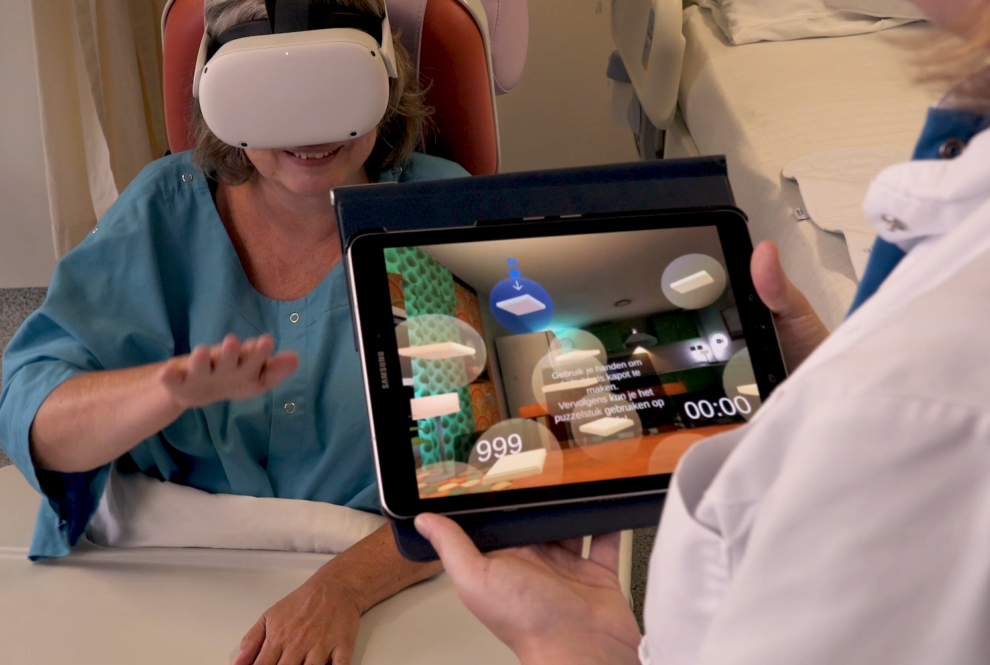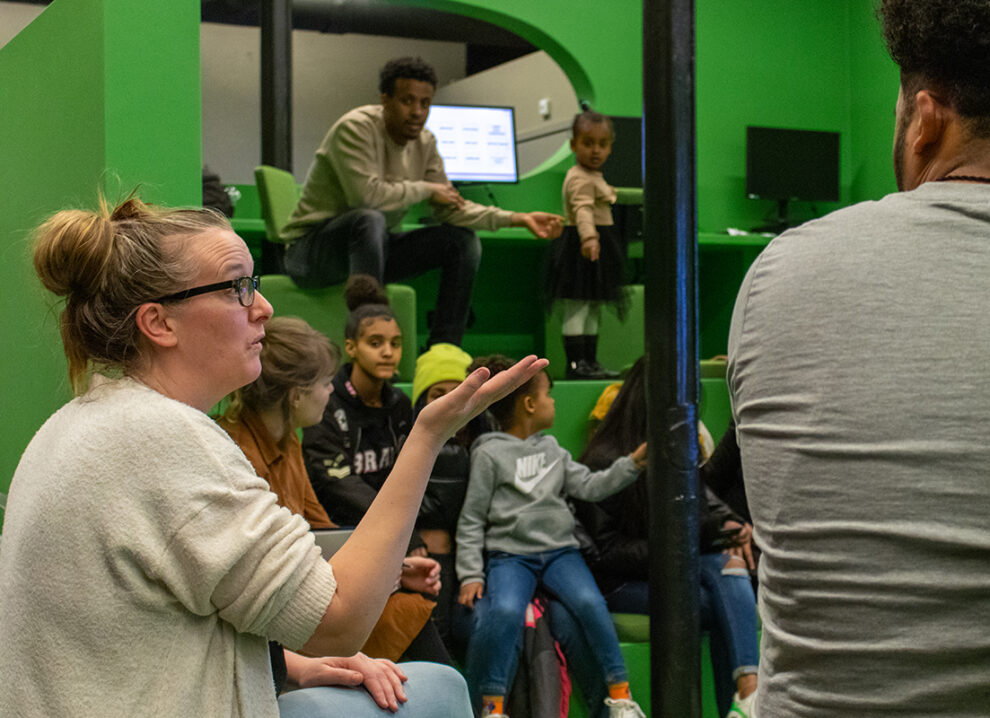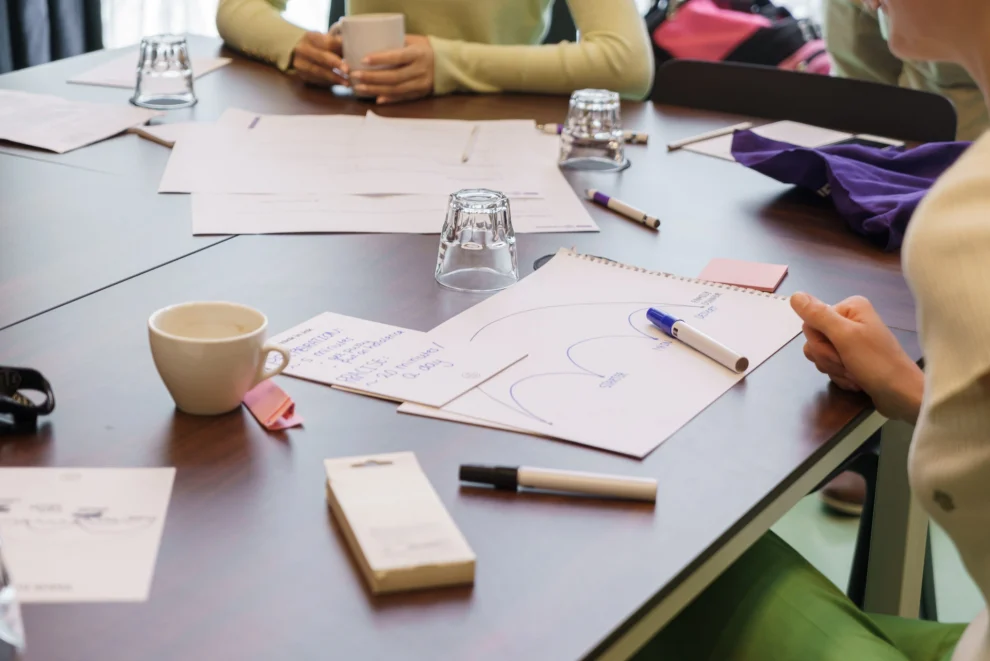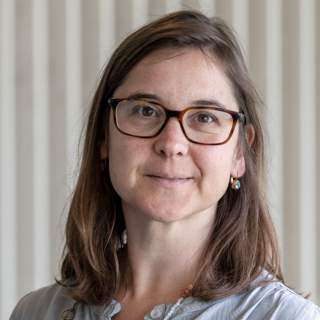Nienke Beerlage-de Jong on the Creative Intervention eZoon
Nienke Beerlage-de Jong is Assistant Professor at the University of Twente and a researcher in the field of infectious diseases and One Health, a field in which human, animal and planetary health are closely linked. She worked with 8D on a serious game about complex decision-making in zoonoses, diseases that can pass from humans to animals.



